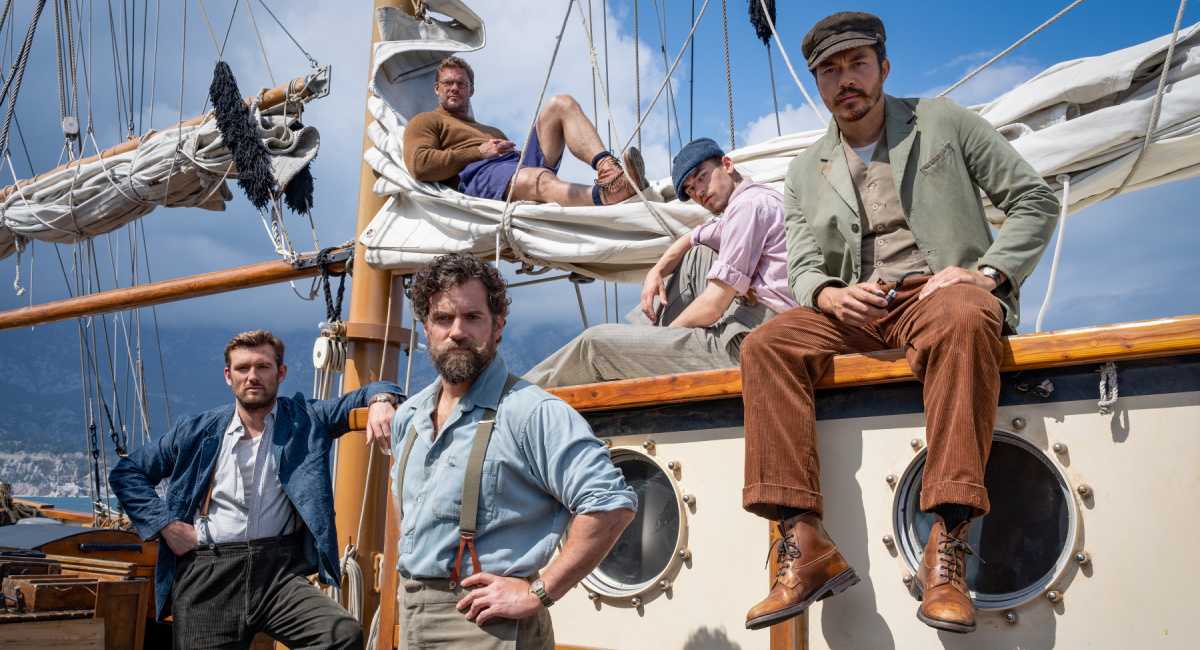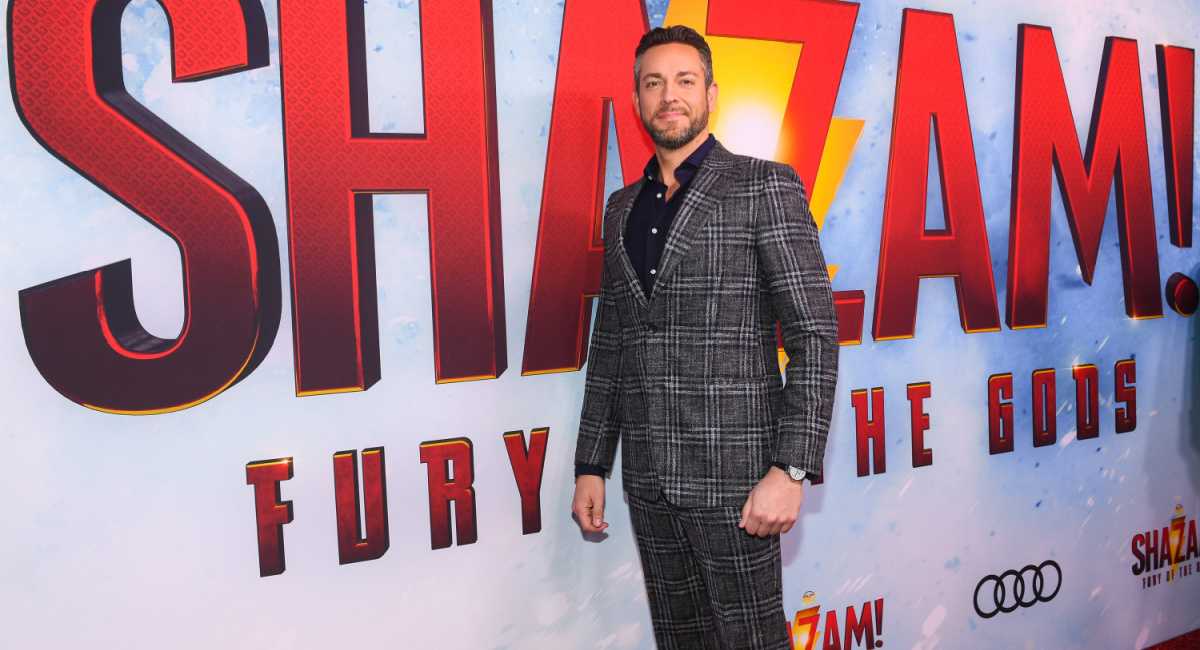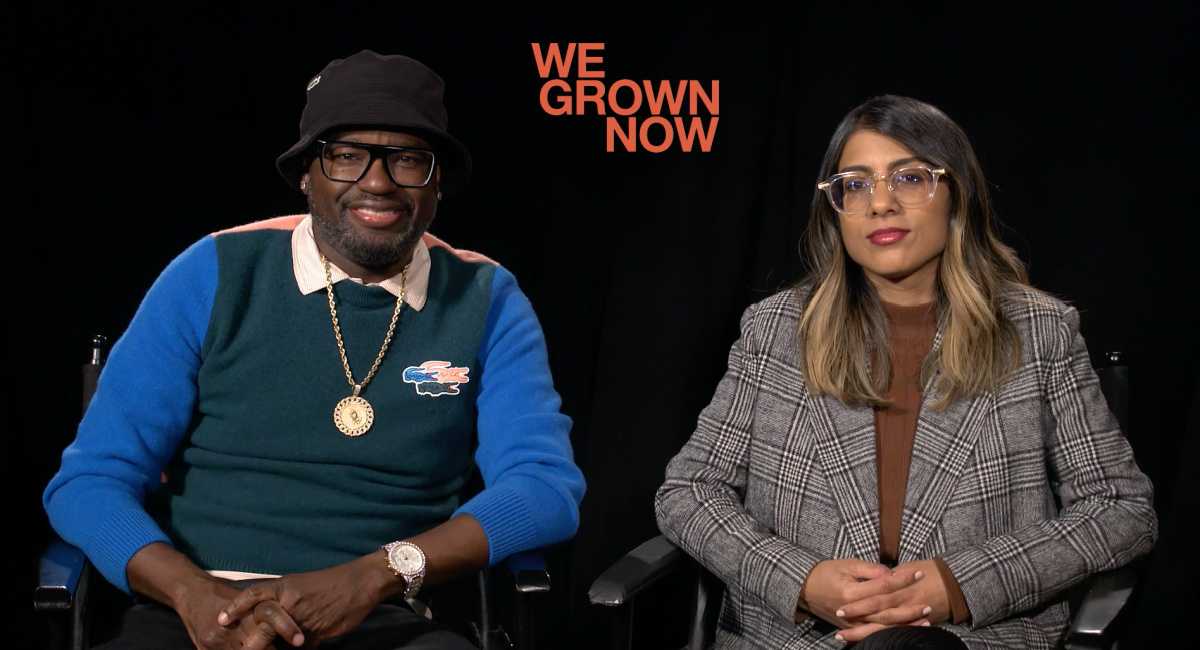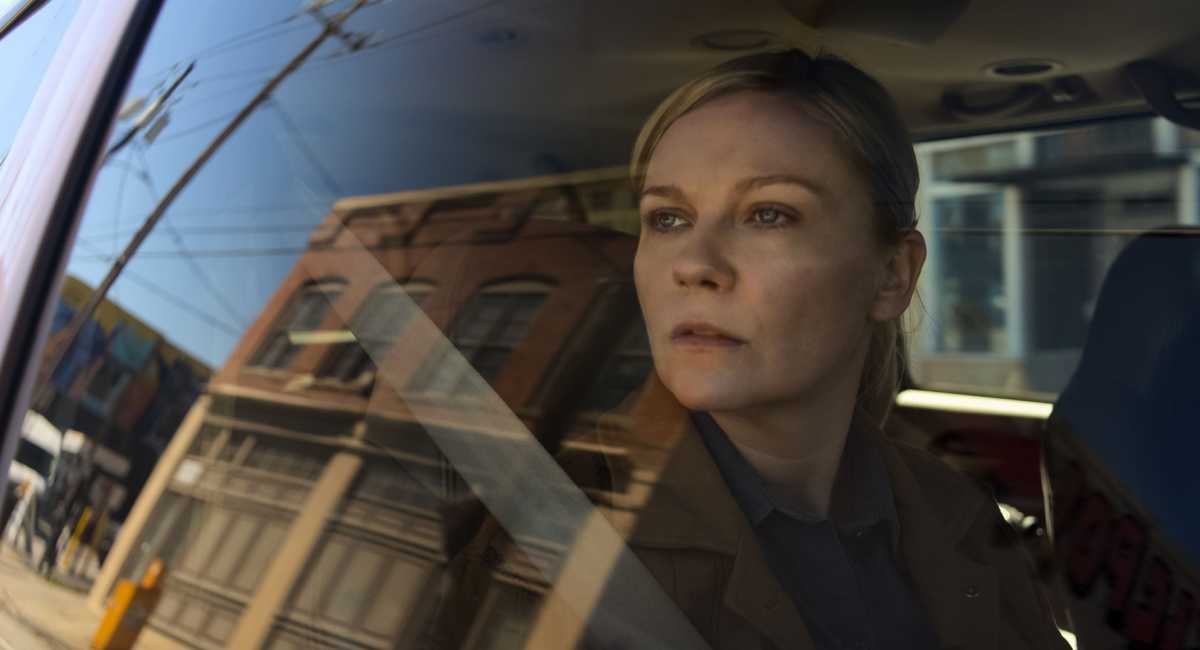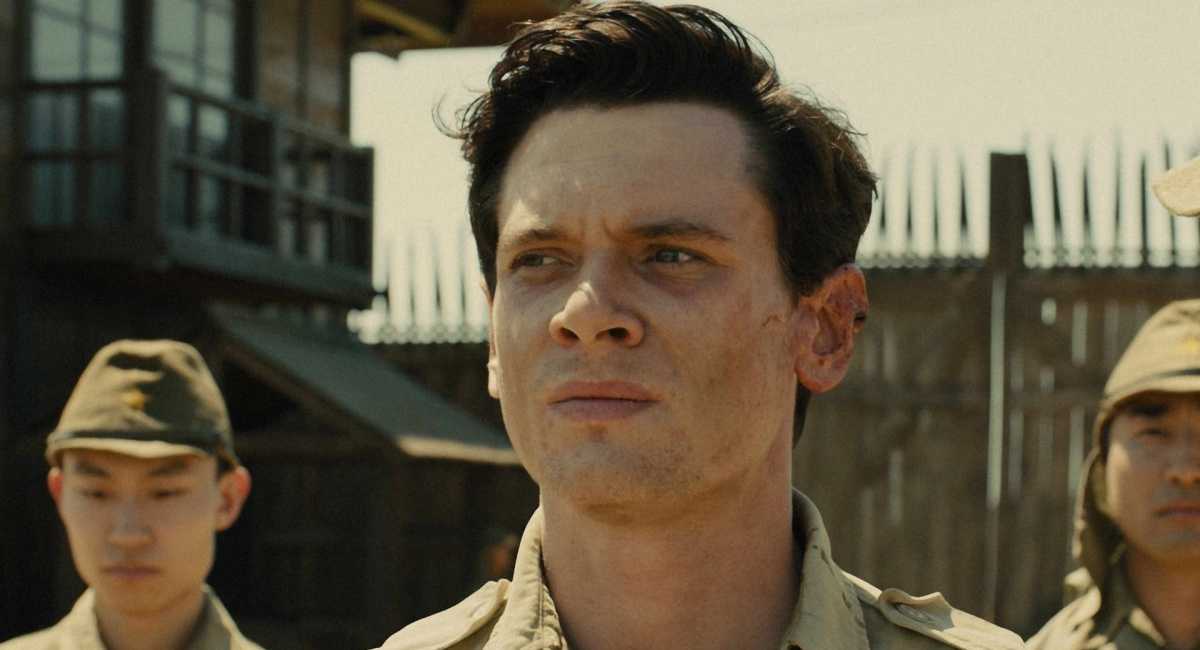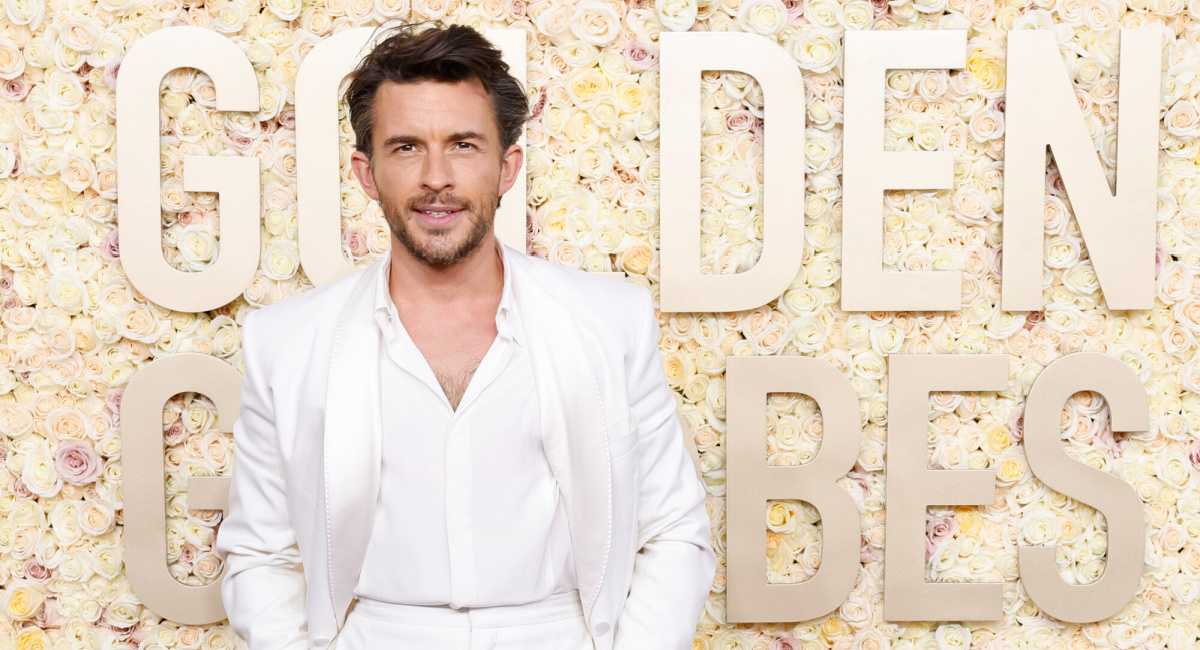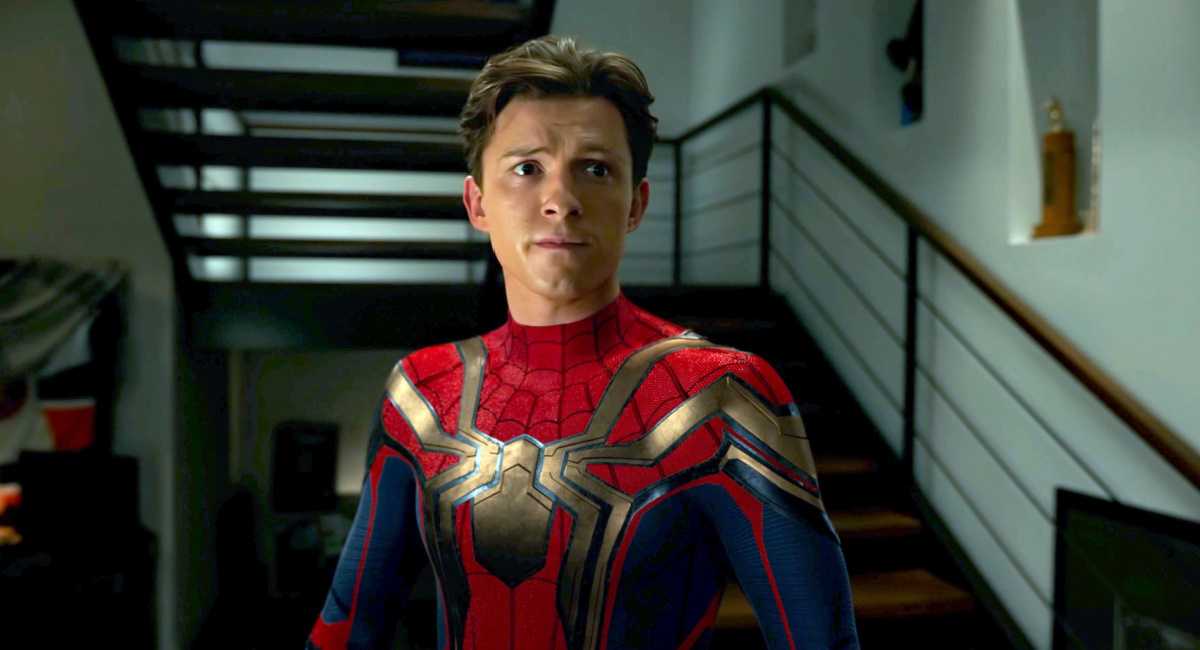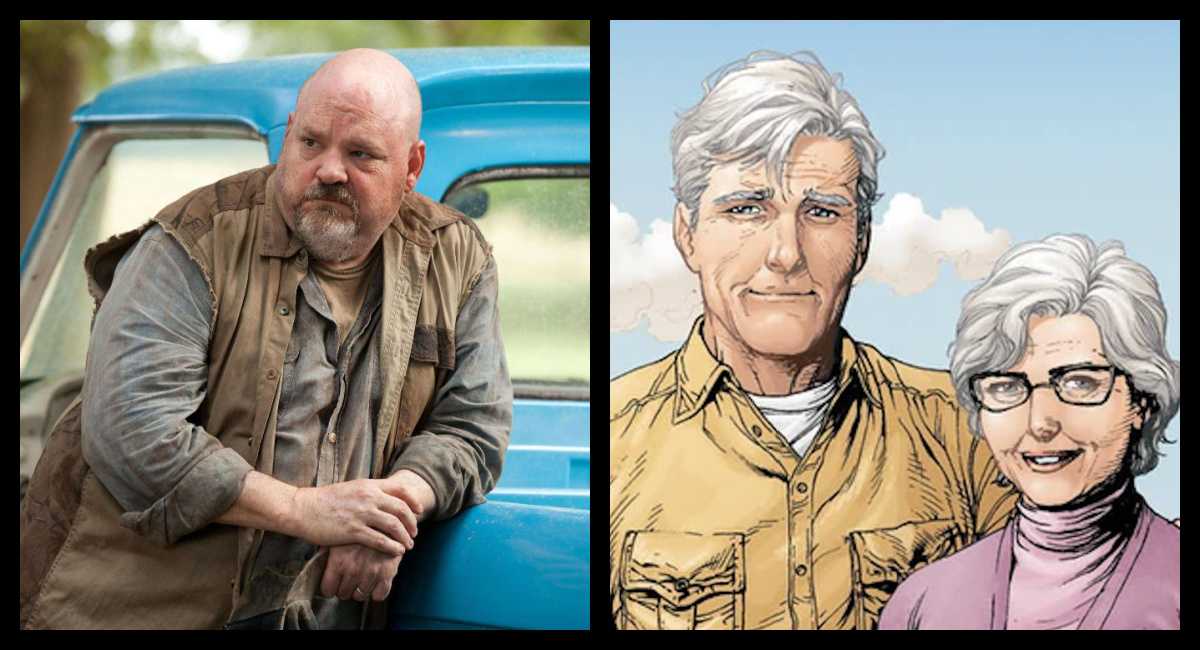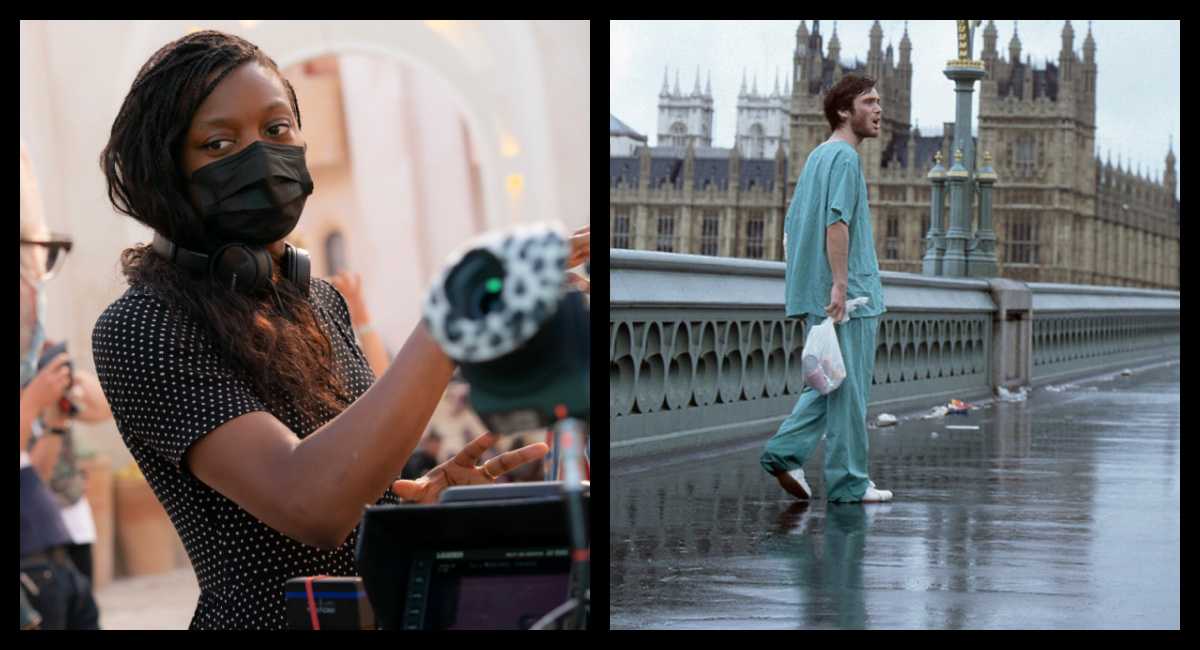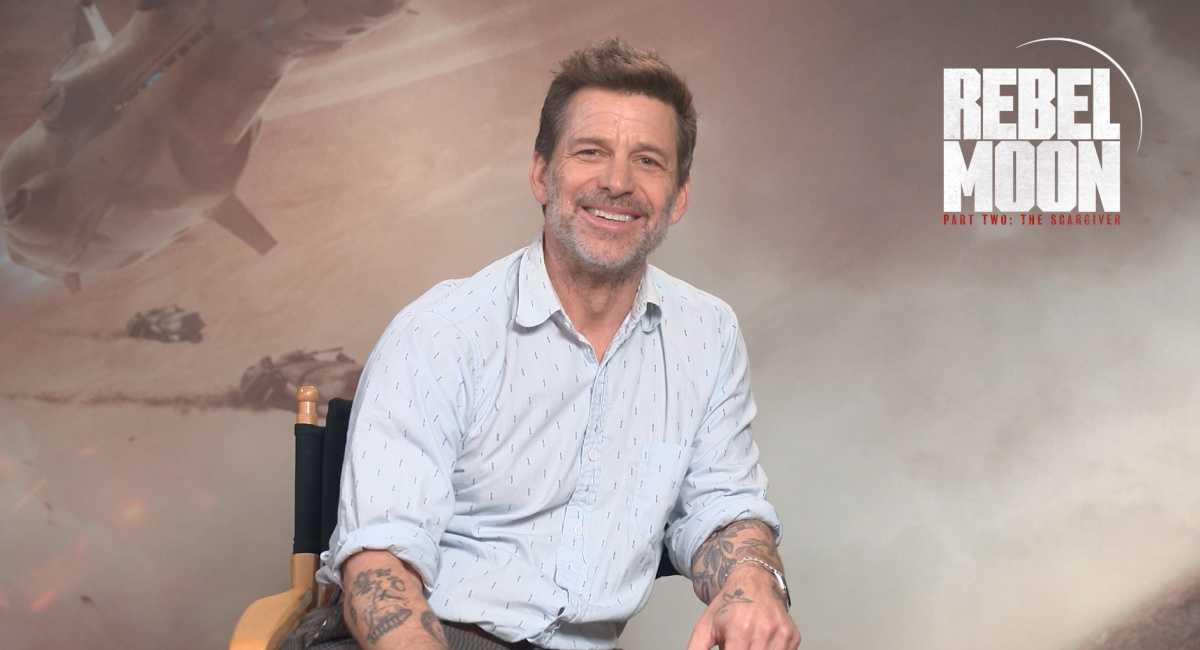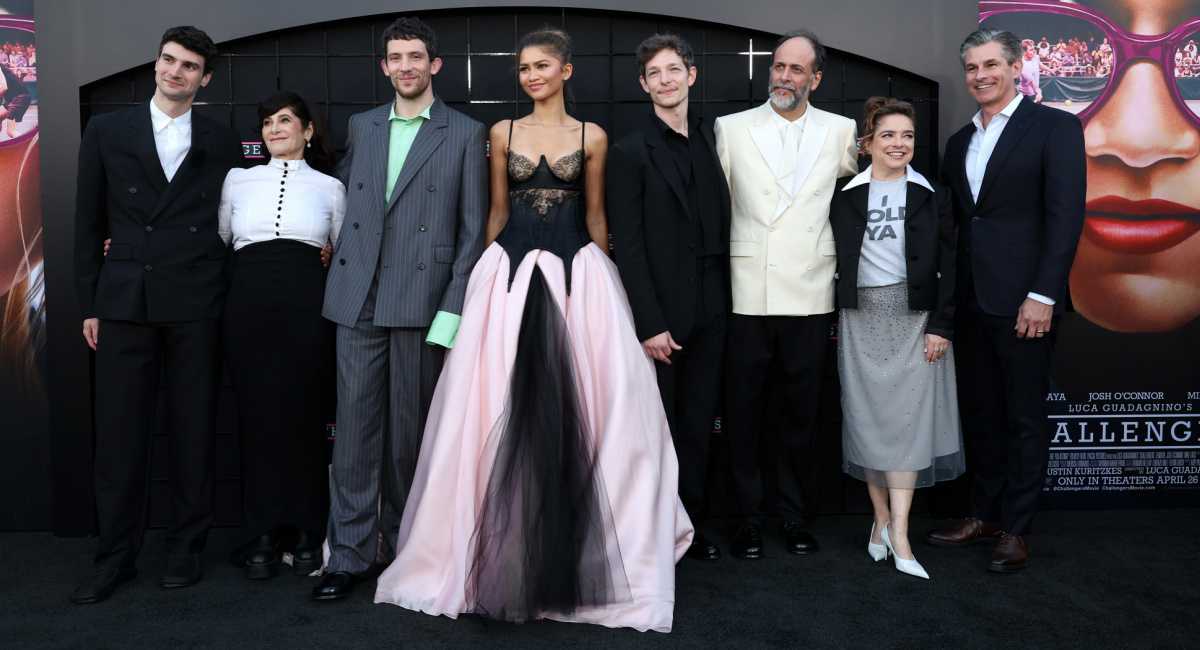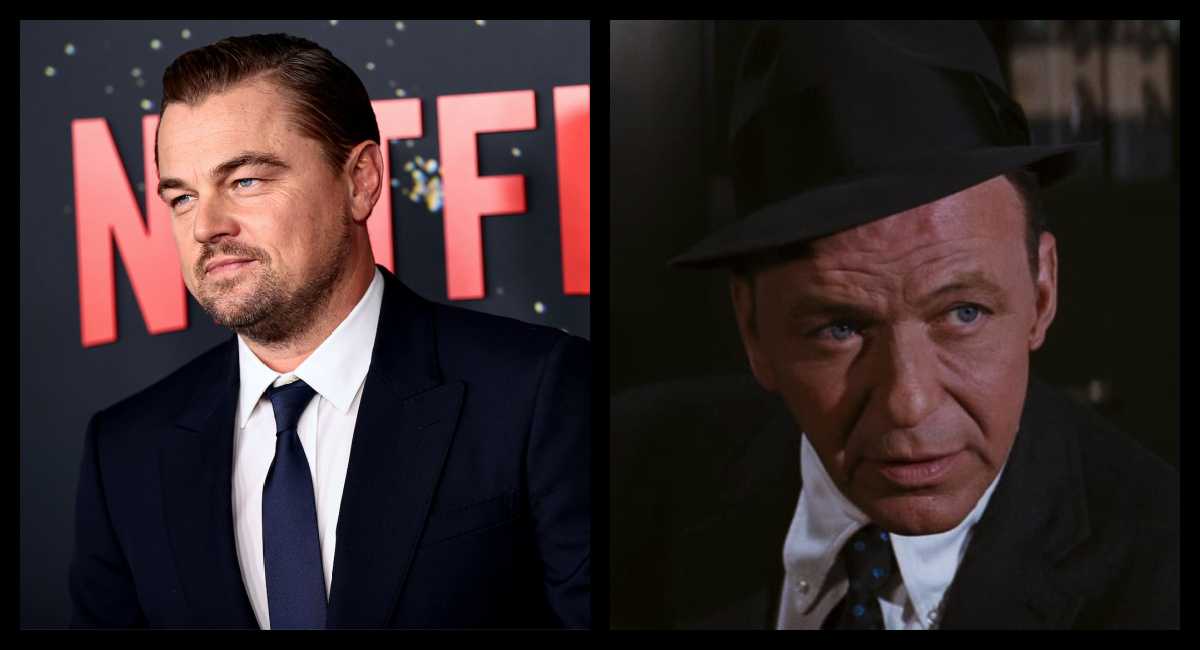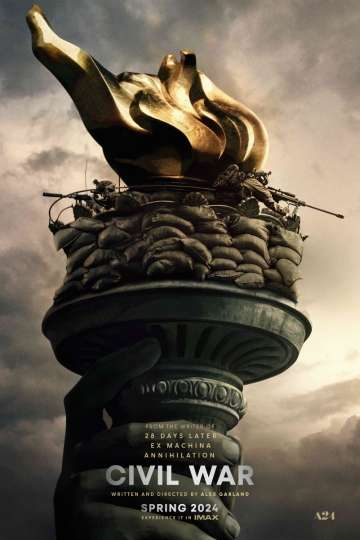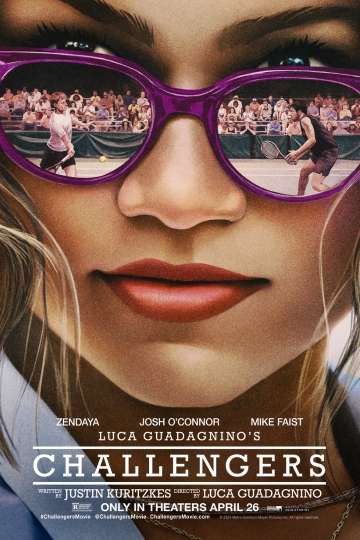Oscars 2015: 'Boyhood,' 'Birdman,' Backlash, Behavior, and Backstory
For all the months of campaigning surrounding Oscars season, this week is the one week that actually counts. Ballots for the final vote went out to Academy members on Friday, February 6, and must be submitted by next Tuesday, February 17. So whatever happened before, it's what's on voters' minds this week that matters.
The two big questions this week are: 1.) Does "Boyhood" or "Birdman" have the edge? and 2.) Which individuals would voters like to see up on the podium thanking their agents, spouses, and higher powers (God, Harvey Weinstein, et al)?
"Boyhood" and "Birdman" have been locked in a tight race for Best Picture for nearly three months. For most of that time, "Boyhood" seemed to have the edge, but its early momentum is now nearly spent. "Birdman" has won the trifecta of the major guild prizes. Last month, it won at the Producers Guild and Screen Actors Guild Awards, and on Saturday, it completed the trio with a Directors Guild Award for Alejandro Gonzalez Iñarritu. The DGA prize is traditionally a very strong predictor, not just of the Oscar for Best Director, but for Best Picture as well. (In its 65-year history, the DGA prize has presaged the Academy Award for Best Director all but seven times.) The overwhelming support of Hollywood's professional guilds, whose memberships tend to overlap with the roll of Academy voters, for "Birdman" suggests that the surreal Michael Keaton film is now the favorite. Indeed, it has more Academy Award nominations than any other movie this year except "The Grand Budapest Hotel" (they're tied with nine; "Boyhood" has six), but since Oscar seldom rewards comedies, "Birdman" has the edge there, too.
(For those who are keeping track, the DGAs gave their documentary prize to Laura Poitras, adding to the awards tally for Best Documentary Oscar nominee and likely winner "Citizenfour.")
During the long period when "Boyhood" and "Birdman" were neck-and-neck, critics praised both films for their creativity and technical achievements, and while many preferred "Boyhood" for displaying more heart, they saw both films as Oscar-worthy. Now, however, there's even the beginnings of an anti-"Boyhood" backlash, as evidenced by an essay that ran Friday in the New York Times. In the article, Times weekend culture editor Mary Jo Murphy slams "Boyhood's" narrative strategy -- showing the characters growing and changing over a 12-year span by filming the actors once a year for 12 years -- as derivative of Michael Apted's celebrated "Up" series of documentaries, which has revisited the same group of Britons every seven years for the last half-century, since they were seven years old. The implication is that the Academy shouldn't reward Richard Linklater's film for its gimmickry and lack of originality.
As Scott Feinberg has noted in The Hollywood Reporter, this attack is suspicious. First, Linklater has acknowledged in interviews the influence of the "Up" films on his work. (If any of Linklater's movies deserve comparison to the "Up" series, it's his "Before" trilogy, which has revisited the same fictional couple every nine years.) Second, Apted has praised "Boyhood" and has noted the substantial differences between it and his "Up" movies. Finally, the timing of the article's publication is strange, since "Boyhood" has been in theaters for nearly eight months. Why blast it now, unless one wants to sabotage its Oscar chances? At the very least, the timing of Murphy's piece suggests that "Birdman" will benefit from the narrative that it's been an underdog throughout this awards season. (Consider how well that worked for "Argo" a couple years ago.)
As far as the second question, of who belongs on the Oscar podium, that's being decided this week by the subtler aspects of campaigning, as the nominees work to prove themselves capable of appearing gracious on camera. The biggest test came last Monday at the annual nominees' luncheon at the Beverly Hilton, a once-casual event that, over the past two decades, has become as rigorous a public rite of passage as any of the awards season red-carpet ceremonies. Reporters are invited to watch nominees profess their admiration for each other, pay rapt attention while Academy biigwigs urge them to keep their acceptance speeches brief if they win a trophy on Feb. 22, pose for a massive group photo, and display their table manners while they eat. Surely nyone who can withstand that kind of scrutiny deserves some sort of prize.
According to press accounts of the event, everyone who showed seemed to pass with flying colors. (Notably absent: "Birdman" director Iñarritu, who's currently filming on location, and Benedict Cumberbatch.) Rosamund Pike said she didn't know there were going to be reporters there, but she answered their questions like a pro. Bradley Cooper and Clint Eastwood deftly deflected questions about the controversies surrounding "American Sniper," saying the important thing was to get viewers talking about the hardships soldiers face. Eastwood's fellow 84-year-old, Robert Duvall, suggested he wasn't nervous about the Oscars because he knows he won't win. (If he did, the Supporting Actor nominee for "The Judge" would be the oldest actor ever to win an Oscar, but J.K. Simmons is the category favorite for his turn in "Whiplash.") Posing for the group photo, "Whiplash" director Damian Chazelle seemed appropriately humbled at being asked to stand next to Oprah Winfrey (present as nominated producer of Best Picture contender "Selma"). Marion Cotillard managed to stand longer than any other woman in spiked heels. Laura Dern brought along her dad, Bruce Dern, who was nominated for an Oscar last year for his performance in "Nebraska." Due deference was paid to Ted Sarandos (producer of nominated documentary "Virunga"), who, as the chief content officer of Netflix, seemed to hold in his hand the future careers of everyone else in the room.
The good-behavior tour continued on Sunday with the BAFTAs, the British answer to the Academy Awards. Again, it's not like the Oscar voters back in Los Angeles pay much attention to whom the Brits voted for -- they picked "Boyhood" for Best Picture, Director, and Supporting Actress (Patricia Arquette), along with Eddie Redmayne for Best Actor, Julianne Moore for Best Actress, and J.K. Simmons for Best Supporting Actor -- since almost all their choices, save perhaps "Boyhood," were already Oscar favorites. But the Academy members in Hollywood do pay attention if something scandalous happens at the BAFTAs. Back in 2002, Russell Crowe notoriously punched out a BAFTA telecast producer who cut short his acceptance speech (which included a poetry reading). News of the incident is widely credited with costing Crowe an Oscar for "A Beautiful Mind," with the Best Actor prize going instead to Denzel Washington for "Training Day." (Yes, Washington could have won the award on merit alone, but his win also insured that there'd be no BAFTA-like boorish behavior from Crowe at the Oscar podium.)
Thankfully, there weren't any reports of Crowe-like crudeness from the BAFTAs. Still, 14 of the 15 performers nominated for both BAFTAs and Oscars made a point of making the transatlantic trek and smiling for the cameras. (Only Emma Stone, currently acting on Broadway, didn't make it to London.) All of them were showing the Academy what troopers they can be, especially the British stars. Eddie Redmayne, Benedict Cumberbatch, Keira Knightley, Felicity Jones, and Rosamund Pike have certainly been racking up the frequent flyer miles this awards season, crossing back and forth between L.A. and London for various red-carpet events.
The fine line the nominees have to walk, even on the red carpet, was illustrated by another New York Times article, by awards columnist Cara Buckley, who suggested a revolt is brewing among actresses tired of being treated as mannequins by awards-show reporters, citing recent refusals of nominees Julianne Moore and Reese Witherspoon to show off their nails for E!'s mani-cam. On the one hand, Buckley notes, actresses want to be taken seriously, especially at a time when they have to fight for well-rounded roles. On the other, the question "Who are you wearing" isn't so inane when you consider the deal most actresses have to make in order to get loaned couture to wear on the red carpet: be a walking, talking billboard for the designer. The article cites the example of Lupita Nyong'o, whose elegant red-carpet appearances last year led not only to a lucrative cosmetics endorsement but to an Oscar. Sure, she could have won for "12 Years a Slave" on merit alone, but it helped that she looked and acted the part of a glamorous and gracious winner. As the makers of "Boyhood" and "Birdman" are discovering, the behind-the-scenes narrative counts, too.



